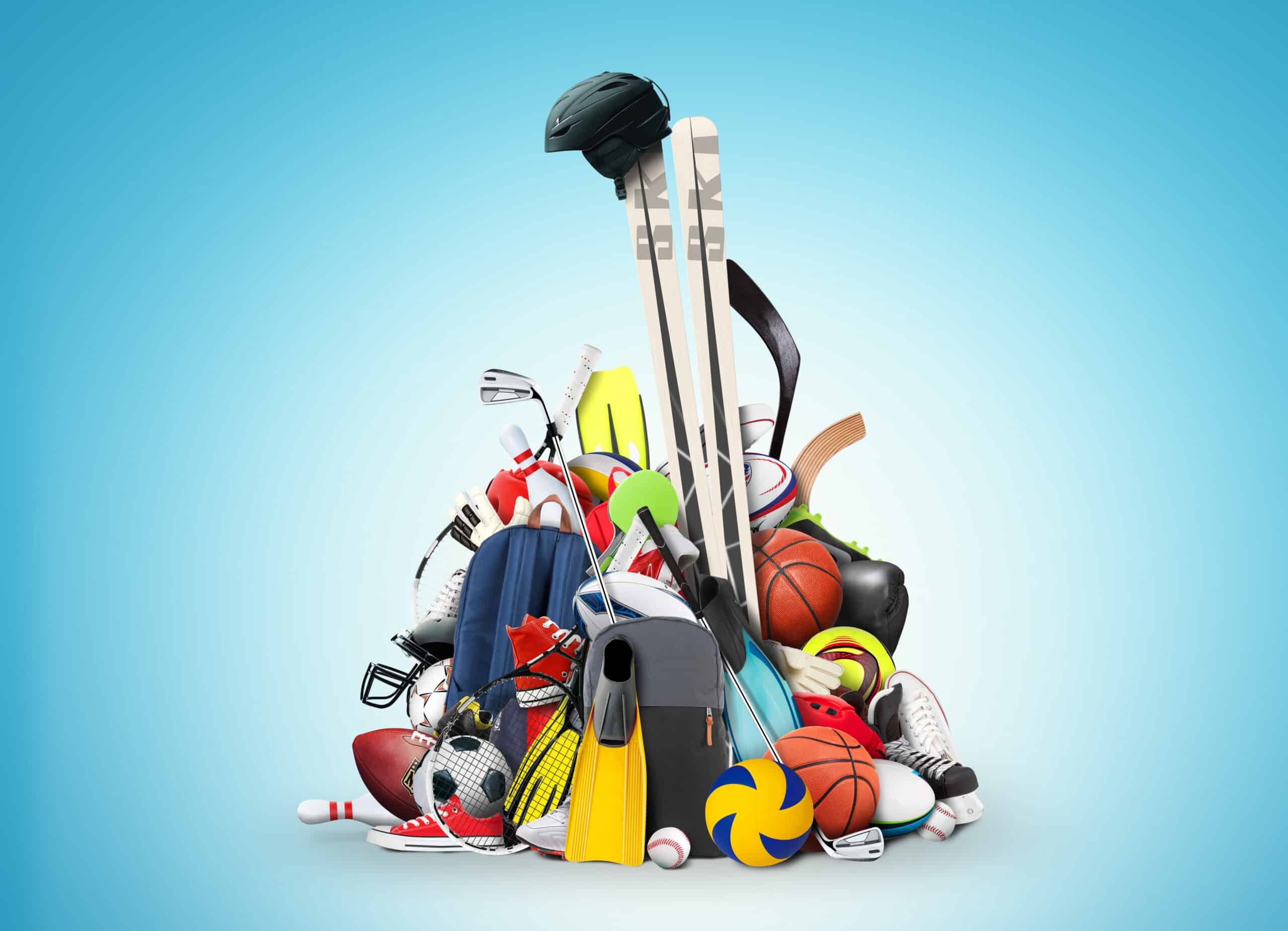I’ve always considered myself an athlete, or at least pretty athletic. Growing up in inner-city Philadelphia in the late 1950s and early 1960s, I enjoyed the usual rotation of baseball, basketball and football. Not much variety, but no shortage of activity. When I was 11, I got my first barbell and set of weights from Sears. Add a chin-up bar and I was hooked. Sports and exercise became every bit a part of my life as school and friends. Martial arts came next, and I wasn’t introduced to activities like tennis and skiing until medical school. I became pretty good at tennis, and fairly accomplished in the martial arts, but over time dropped out of these two activities that I once loved, because of a bum knee (an old reminder of football days) and more importantly, a demanding and hectic work schedule. Instead, I devoted the little leisure time I had available staying fit at the gym, with basic one and two dimensional cardiovascular, strength and flexibility routines. I was consistent and rarely missed a workout. I pumped iron and spent time on stairs that moved, and bikes that didn’t. I was your typical gym rat. I stayed pretty fit, in the traditional definition of the term.
In fact, I have remained fit, but more recently received a very important lesson from my own children. It wasn’t until my 40’s that I became married, so I found myself well into my 50’s with younger children who drew me back into sports and activities that I hadn’t tried in years. Skateboards, ice skating, and most importantly, tennis. I was stunned at how much I had lost in terms of balance, agility, hand-eye coordination and other three-dimensional capabilities I once took for granted, and that I now know you cannot get at the gym. The loss over the years must have been so slow, that it was seemingly imperceptible. I should’ve known better, I see it every day in my practice with a wide range of patients, athletes and non-athletes alike. However, when it sneaks up on you, it’s a totally different story. “If you don’t use it, you lose it” applies to much more than aerobic capability and muscular strength.
Although I won’t be replacing Tony Hawk anytime soon, and I don’t lace up the hockey skates much, I did rapidly improve in my ability to perform these and other “3-D” activities. I was impressed with how reversible the losses were. More importantly, I have fallen in love again with tennis, and like any great relationship, it has given me back much to appreciate. The improvement in my functional fitness has been dramatic. Although it took a little time and patience, I’m hitting better than ever, and at times, at least in my mind, I’m moving like a ninja. Playing tennis regularly has not only enhanced my health and fitness, but also my everyday life.
So what can you do to assure that YOU are “3-D Fit?”
- At least twice a week, include sports or activities that rely on balance and require you to move in three dimensional patterns in which you must change direction, stop and start, and move front and back. This can include running agility drills on a field, or taking up activities like martial arts, ballet, tennis and other racquet sports, basketball, soccer and so many other options.
- Include activities that require hand/eye coordination. Anything with a ball or even taking up juggling can help.
- Improve your balance. Yoga is great for this (especially yoga tree pose) as is martial arts, ballet and dance. Same for activities like surfing, skateboarding and skating (ice, roller or in-line). Proprioception (the internal GPS type fine tune balance mechanism that occurs in your joints) can be lost with inactivity, injury and aging. It can be improved with drills on uneven surfaces like a wobble board or BAPS board, easily done at home.
- If you think you need some help with this, or have significant balance or agility issues or deficits, it is very helpful to work with a physical therapist who can assess your situation and provide a specific graduated program for you. Also many Certified Athletic Trainers and fitness professionals can help as well.
My personal lesson is important for all of us who are committed to optimizing not only our own health but also the health of others around us. As a physician, I sincerely believe that “Exercise Is Medicine.” In fact, exercise is a very powerful medicine with the potential to transform your body structurally, biochemically and metabolically. Regular exercise is not only essential in achieving optimal health, but it is a valuable tool in the prevention and treatment of a wide variety of medical ailments. But, for it to reach full potency, the specificity of exercise must be considered, and appropriately applied. I believe the future of exercise programming will take this attribute of specificity into consideration, not only for athletes, but perhaps even more importantly for our aging population.
As I said, no one workout or activity can offer everything to everyone. Cardiovascular, strength, flexibility and core training should just be the beginning. We should also look for ways to engage in or promote activities like tennis that help provide functional 3-D fitness in ways that gym workouts alone cannot. Being fit is something we should all strive for, but it shouldn’t be an end goal. Enhanced fitness ideally should open doors to a greater enjoyment of life, for a lifetime. Which is why I’m heading for the courts. Your serve!




